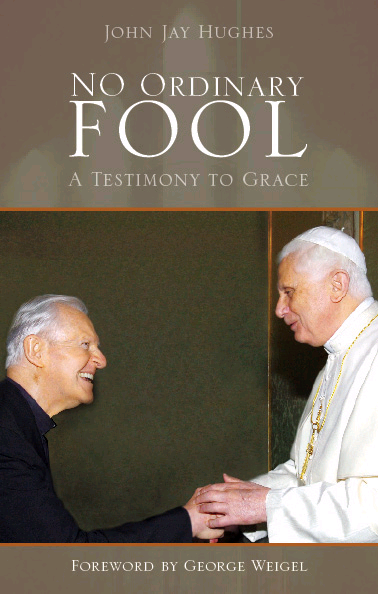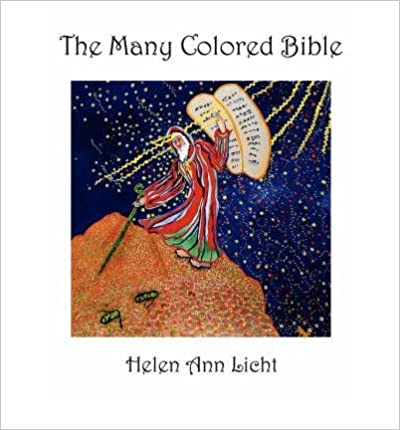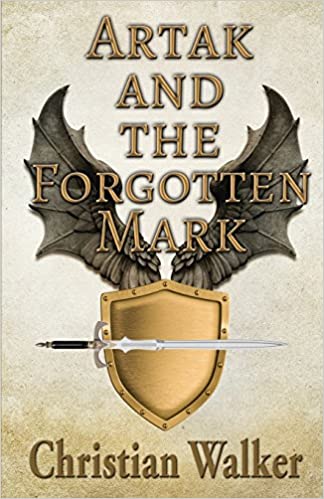Interview with John Jay Hughes
Author of No Ordinary Fool
Born in New York City in 1928 as son and grandson of priests in the Episcopal Church, I lived there until age 12, when my family moved to Hastings-on-Hudson, and I soon entered a prep boarding school for boys in Connecticut. Following graduation from Harvard in 1948, I departed to England for three years of study at an Anglican seminary. I had decided, at age 12, that I was going to spend my life as a priest. I have never wanted anything else.
Following ordination to the priesthood in 1954, I served the Episcopal Church for 6 happy years in New Jersey and Arizona. I entered the Catholic Church in 1960 and went to Europe for ten years, studying theology in Austria and Germany, and teaching for three years at a large boys’ boarding school on the Dutch frontier. I was conditionally ordained to the Catholic priesthood in 1968 (a recognition of the possible validity of my previous Anglican ordination), served in a parish in Münster, and was rewarded the German Dr. Theol. from the University of Münster in 1969.
I returned to the United States in 1970, to teach Church history for 5 years at St. Louis University, following which I entered the service of the St. Louis Archdiocese: first in administration (as Vice Chancellor), thereafter as Pastor of 2 parishes. I retired in 2005.
My first book, Absolutely Null and Utterly Void: The Papal Condemnation of Anglican Orders in 1896, was part of my doctoral dissertation. An historical examination of Pope Leo XIII’s decree, it disclosed that English Catholics had concealed for over 70 years the fact that the Pope’s theological advisers were equally divided on the validity question. Two years later I published the second half of the dissertation: Stewards of the Lord: A Reappraisal of Anglican Orders. A respectful questioning of the papal decision, its publication in 1970 caused scandal in England.
In the decades following these two books, I would publish ten more; none on the high and demanding level of my dissertation, but all of them reflecting scholarship at its best. They vary between books on Church history (Pontiffs: Popes who Shaped History); and books which appeal to serious Christians of all kinds seeking to deepen their spiritual lives (Man for Others, Sea Psalms), and three volumes of homilies entitled Proclaiming the Good News.
On a level of its own is my autobiography, No Ordinary Fool; A Testimony to Grace (published in 2008 with Foreword by George Weigel, republished in 2018). Like Thomas Merton’s Seven Story Mountain, which has sold over a million copies since its first appearance in 1948, it is a gripping account of my spiritual journey, in particular of my heart-rending decision to leave the Episcopal Church, which I loved, for the (to me) frequently off-putting Catholic Church and world. Full of humor, mostly self-directed, the book has been called by more than one reviewer “hard to put down.”
How many people would I like to reach with my books? Ideally, I would be thrilled with a readership of 5,000.
What do I see as my greatest strength as a writer? I would name, above all, my love of the literary world, reflected by a lifetime of widespread reading of all kinds. My love of the literary world started before I able to read. At age 3, or 4 at the most, I listened enthralled to a reading of the classic tale, Alice in Wonderland. When I learned, at the very end, that it was all a dream and not real, I wept bitterly.
I have used traditional publishers for all 12 of my books. Asked, from time to time, about the time and topic of my next book, I am compelled to respond: in the middle of my 92nd year the outlines of my next book are, understandably, dim.
FEATURED AUTHORS
Worrying if I was telling too many secrets Leaving out so much.
Keep Reading »Writing is an arduous task even when one has all ideas clear in the read more
Keep Reading »Write the book, start marketing (letting people know of it) before you finish.
Keep Reading »










